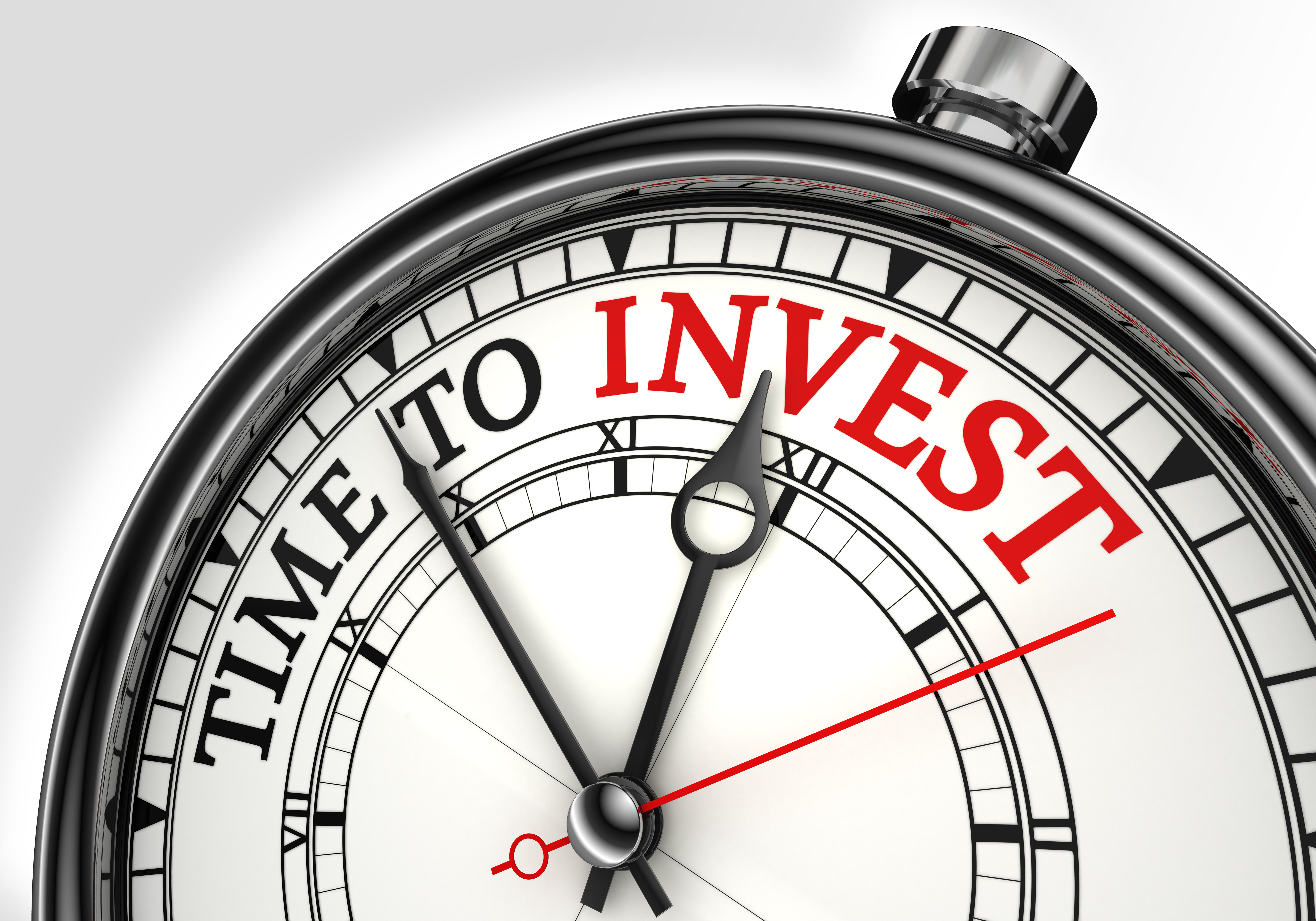In property investment, it’s crucial to balance expenses and revenue. As a rental property investor, you’re doing an excellent job if your generated income exceeds your outgoing expenses. You should aim for this goal if you want to be successful in managing investment properties.
You must be careful in acquiring new properties. The mark of a good property investor is knowledge of how to estimate expenses and whether a new investment property would create more profit. It’s a no-no to have an incorrect estimation of your expenses because such a mistake can endanger the profitability of your investment.
It would be better for property investors to be familiar with the expenses that some of their ilk underestimate and how to get a more accurate estimate of these expenses.
The Business Risk of Underestimated Expenses
Not all the time that underestimated expenses can impact your property investment. If your monthly revenue is $3,000, and your maintenance expenses amount to $250 instead of $225, there’s not a wide margin in this case. The problem emerges when this mistake happens consistently or when your investment loses a significant amount of income.
There are three factors that lead to underestimated expenses. One is you might be overlooking certain items. Another is the mistake of letting minor issues in the estimates slip without proactively solving them. Lastly, you might be working on inaccurate information. Either of these is harmful to your rental property investment.
Expenses That Property Investors Often Underestimate
Here’s a list of the most common expenses that property investors and landlords often underestimate.
- Marketing. You have to spend money marketing your property, and it can be costly if you conduct an aggressive type of marketing. However, the expenses to promote your property can be even higher if your property sits vacant longer than expected. In this case, you might have no other choice but to shell out more money for marketing.
- Tenant Screening. It can be hard to minimize the costs of tenant screening because skimping on this area can lead to potential revenue losses. It’s an awful idea to let a person rent your property without a thorough background and credit check. That’s why a tenant screening is a must even though it can be costly.
- Property Maintenance. Your rental property requires regular maintenance for the comfort and convenience of your tenants. Ensuring smoke detectors are working, changing the HVAC filters, or checking electrical wiring are tasks that require you to spend some money.
- Property Taxes. Property tax rates vary by state, which makes it hard to estimate. Your property’s market value is also a factor in how much your property tax will be. But it can range from thousands or tens of thousands of dollars annually. That’s why you should be mindful of your property taxes.
- Permits and Inspections. Before you can rent out your property, there are inspections it has to go through to ensure it’s habitable. You also have to get permits required for your rental property operations. Of course, you need money for these, and they can be expensive if there are changes you have to make on the property after the inspections.
- Vacancies. If the rental property has vacancies, this can derail your income generation. Plus, there are expenses you have to cover when there are vacancies. For example, you have to ramp up the marketing, and you have to continue the standard maintenance of the property without receiving enough income on the vacant unit.
- Property Improvements. If you want to raise the aesthetic appeal of your property, you have to spend money on improvements. The costs for property improvement will depend on the extent of the project, labor, and materials.
How to Make More Accurate Estimates
Check out these tips on how to make better estimates of the expenses relating to your rental property.
- Study Trends. The best way to anticipate an increase in expenses is to study trends in the rental property market and the general economy. Check the property tax rates, average rent prices in your area, material cost, and labor cost, among other factors.
- Hire Trusted Contractors. Work with reliable contractors who can handle maintenance and repairs on your rental property. You must also hire an accountant to help you estimate your property taxes and essential expenses.
- Factor in Contingencies. Unexpected expenses can happen in your rental property operation. Thus, you better bump up the estimates of your expenses to cover any contingencies.
Takeaway
Being a rental property investor can be a tough job because there are a plethora of expenses you need to cover. Sometimes mistakes are made, such as underestimating expenses related to the business. Overcoming this blunder requires some knowledge and experience. That’s why you need to be familiar with the most commonly underestimated expenses in property management.




